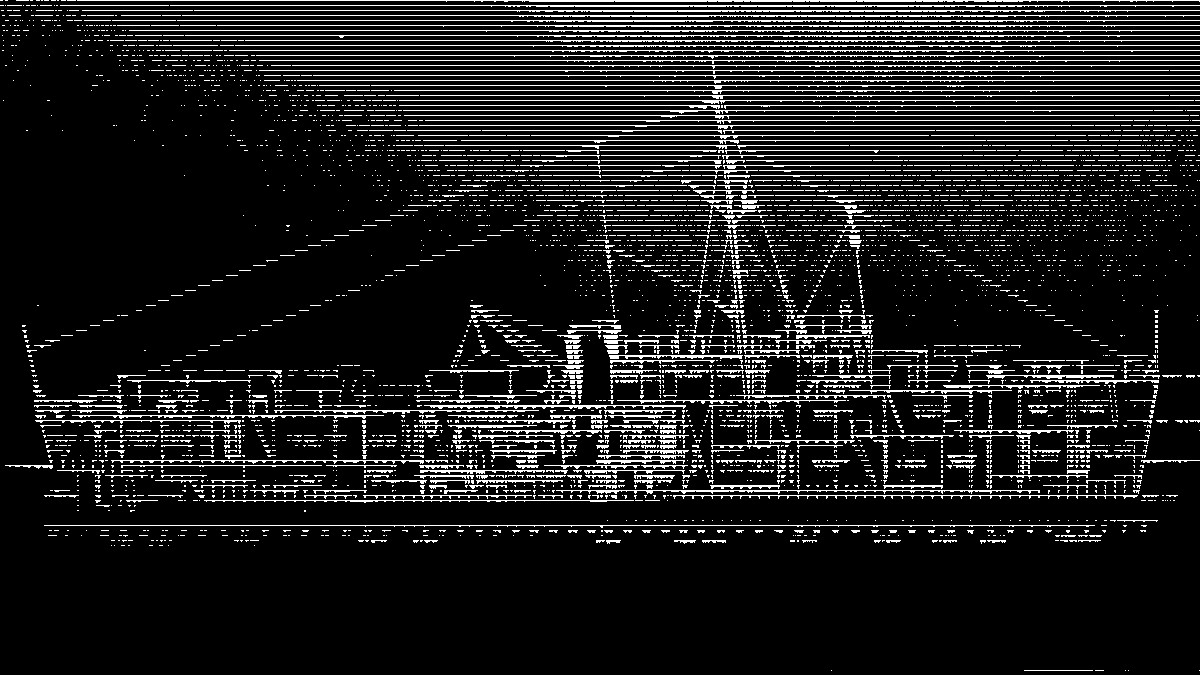Freedom of navigation
On deception, claims of trespass, and Teddy Roosevelt's exhortation to Congress then and Congress now
Having long ago made antagonistic and legally indefensible territorial claims to nearly the entire South China Sea, the ruling regime in China uses provocative claims against its neighbors to test those potential adversaries. This most lately includes a claim of a collision between a Philippine vessel and one of their own, a claim which the Philippines rejects as "deceptive and misleading".
■ Though it is not part of NATO, the Philippines is an ally of the United States under the US-Philippines Mutual Defense Treaty. The United States has behaved imperfectly towards the Philippines in the past, but the treaty alliance looks stable -- particularly because both countries share strong self-interests.
■ Other countries, even distant ones like Sweden, recognize the situation too. China has newly declared intentions to detain foreigners who "trespass" into their claims. Given the size of the claims and the obvious interference with rivalrous legal claims by other countries -- including freedom of navigation, in which the United States is profoundly interested -- it's setting up a potentially explosive environment.
■ Nobody who possesses any sense wants to see an escalation of hostilities in the South China Sea, nor anywhere else in the broader Pacific. It's not the kind of situation that ends well for anyone. But how we best prevent that escalation depends on our appetite for deterrence and on the reactions of our counterparts.
■ In 1904, Theodore Roosevelt told Congress in his State of the Union, "The strong arm of the Government in enforcing respect for its just rights in international matters is the Navy of the United States. I most earnestly recommend that there be no halt in the work of upbuilding the American Navy. There is no more patriotic duty before us a people than to keep the Navy adequate to the needs of this country's position."
■ No small number of experts on the matter are concerned that we are, 120 years later, falling short of Roosevelt's call to duty. It's the kind of matter to which attention should have been given in earnest 20 years ago. But the next-best time to "yesterday" is "right now".



